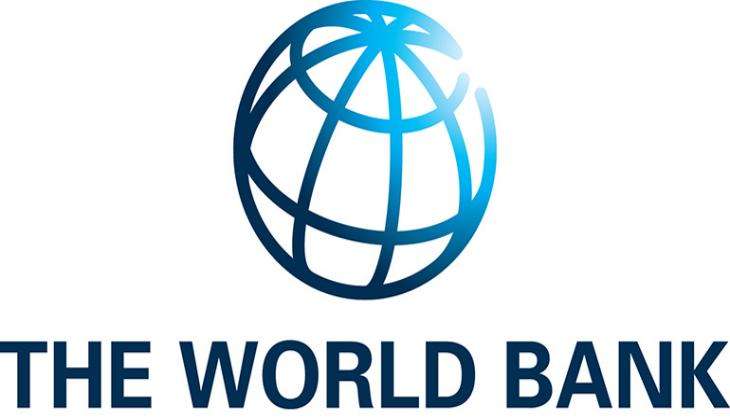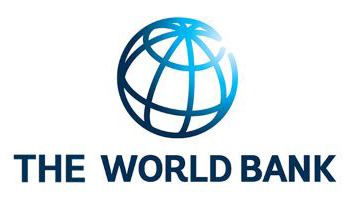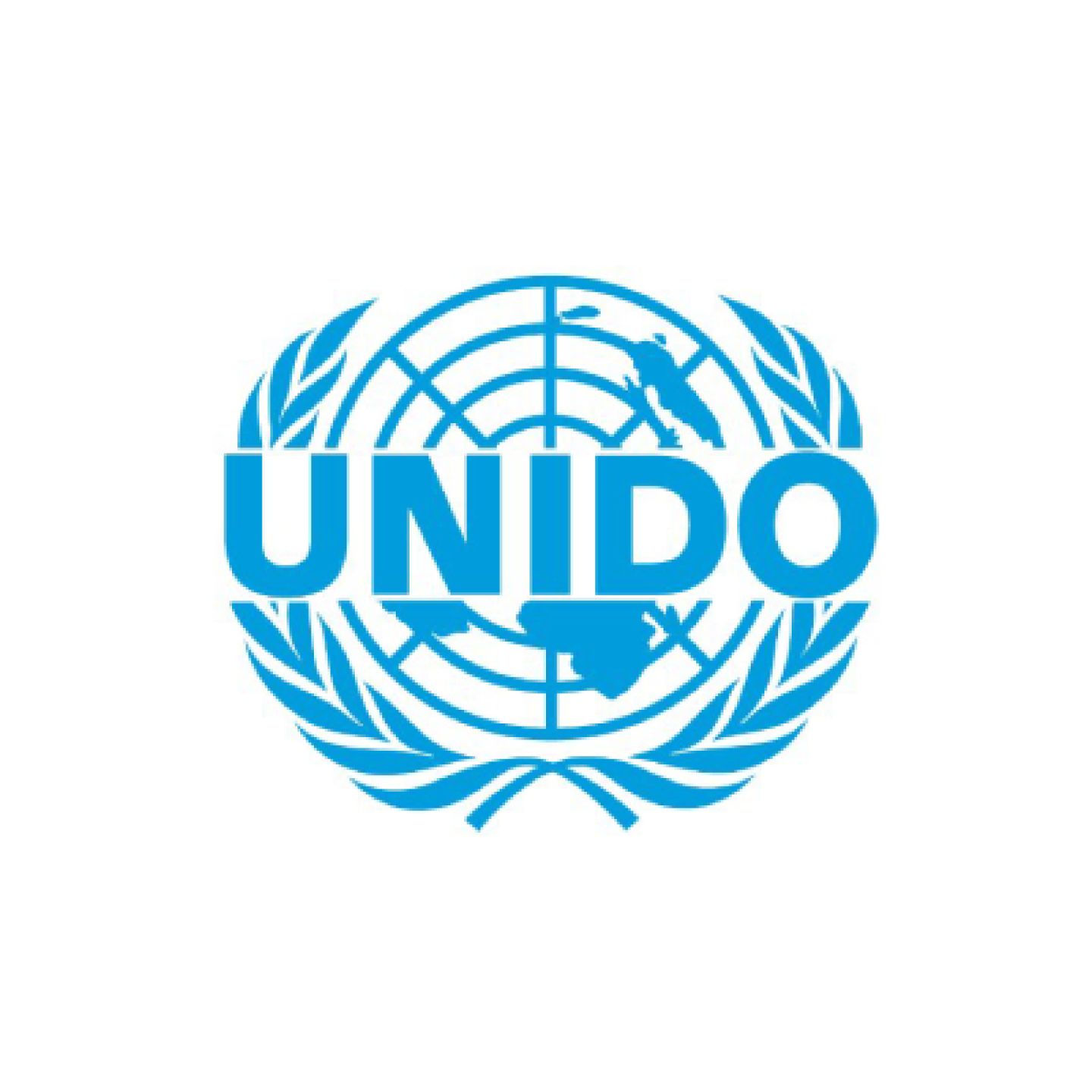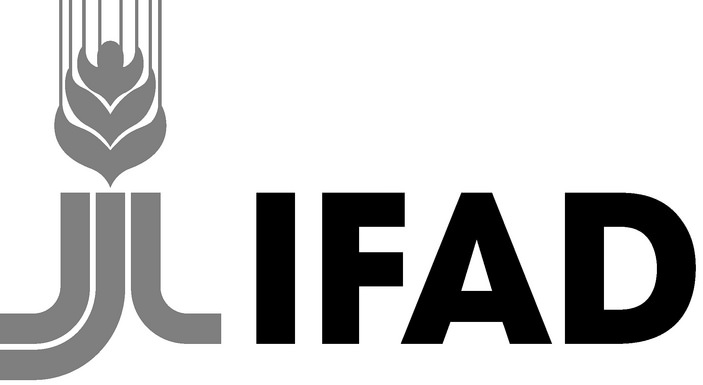Sub-Saharan Africa Maintains Resilient Growth but Faces Urgent Jobs Challenge

WASHINGTON, October 7, 2025 – Sub-Saharan Africa’s economy remains resilient, with growth projected to reach 3.8 percent in 2025, up from 3.5 percent in 2024. This acceleration reflects easing inflationary pressures and a modest recovery of investment despite persistent global economic uncertainty.
Signs of Improvement in the Economic Outlook for the Middle East, North Africa, Afghanistan & Pakistan Region

WASHINGTON, October 7, 2025 – The latest World Bank economic report on the Middle East, North Africa, Afghanistan & Pakistan (MENAAP) points to an improved economic outlook for the region, with expected growth reaching 2.8 percent in 2025 and 3.3 percent in 2026. However, global uncertainty, trade policy shifts, and continued conflict and displacement all pose possible risks.
Positive Economic Momentum in Nigeria, Now Time to Bring Home the Gains

Abuja, Nigeria, October 8, 2025 - Nigeria has taken important steps toward stabilizing its economy through recent policy reforms, but more needs to be done to ensure these gains translate into better living standards for its citizens, according to the latest Nigeria Development Update (NDU) released by the World Bank today.
Titled “From Policy to People: Bringing the Reform Gains Home,” the report notes progress in economic growth, domestic revenue mobilization, monetary policy, and external balances—while underscoring persistent challenges such as high food inflation, widespread poverty, and structural barriers that constrain inclusive growth.
Tackling the Pressing Challenge of Defying Drought in West Africa - An Africa Water Center is Established to Strengthen Capacity in the Water Sector

OUAGADOUGOU, September 30, 2025 - A two-day High-Level Forum on Defying Drought (D2) in West Africa concluded today in Ouagadougou with a strong commitment to address the pressing challenges of drought in the region, amid the broader context of climate change and population growth.
New World Bank Program Helps Zambia Increase Jobs Through Inclusive Digital Access

LUSAKA, September 23, 2025 – The World Bank Group has approved the Digital Zambia Acceleration Project (DZAP) to support the Zambian government to increase access to, and inclusive use of, the internet and digitally enabled services. With a strong emphasis on fostering digital inclusion, the project aims to empower women and girls, persons with disabilities (PwDs), and other vulnerable communities through the use of digital public services.
UNIDO empowers aquaculture producers through cooperative model in Mozambique

Maputo, 1 October 2025 – Three fish farmers' associations in Southern Mozambique have been successfully transformed into legally registered cooperatives through UNIDO's Market Access of Mozambican Aquaculture Products (MAMAP) project, part of the Global Market Access Programme (GMAP). The initiative benefited 79 producers across Maputo, Gaza and Inhambane provinces between April and May 2025, creating new opportunities for sustainable aquaculture development.
IFAD and GCF partner in US$358 million climate programme for East Africa’s dairy sector

Rome, 3 July 2025. The International Fund for Agricultural Development (IFAD) and the Green Climate Fund (GCF) signed an agreement for a US$150 million contribution from GCF to the US$358 million Dairy Interventions for Mitigation and Adaptation (DaIMA) programme in East Africa, reaching 2.5 million rural people in Kenya, Rwanda, Tanzania, and Uganda.
Côte d'Ivoire Launches Innovative Financing Linking Millions to Ambitious Sustainability Goals

ABIDJAN, July 1, 2025 - In a move poised to reshape sustainable development financing in Africa, Côte d’Ivoire today announced the launch of its innovative Sustainability-Linked Finance (SLF) Framework. Developed in collaboration with the World Bank Group, this directly ties the Côte d’Ivoire's cost f borrowing to its ambitious environmental and climate targets, setting a new standard for accountability and incentivizing transformative policy actions.
World Bank Steps up Support for Ethiopia’s Economic Reforms with $1 Billion Development Policy Operation

WASHINGTON, July 3, 2025 - The World Bank’s Board of Executive Directors today approved a $1 billion Development Policy Operation (DPO) to support Ethiopia’s transition toward a more inclusive and private sector–led growth model. The Second Sustainable and Inclusive Growth DPO builds on an earlier operation approved in July 2024, providing additional financial support for the Government of Ethiopia’s homegrown Economic Reform Agenda. The financing includes a $650 million grant and a $350 million concessional credit from the International Development Association (IDA)*.
Rwanda to Restore Ecosystems and Boost Climate Resilience in the Nyungwe–Ruhango Corridor

WASHINGTON, July 3, 2025 — Communities in Rwanda’s Southern Province are set to benefit from restored ecosystems, improved agricultural productivity, and expanded sustainable livelihood opportunities in areas vulnerable to climate-related shocks. Thanks to a newly approved $9 million grant from the Global Environment Facility, Rwanda will receive support for integrated landscape restoration and climate-smart land management across the Nyungwe–Ruhango Corridor.
The Ecosystem-Based Restoration Approach for Nyungwe-Ruhango Corridor Project is one of 20 projects of the GEF-8 Ecosystem Restoration Integrated Program (ERIP) across the globe. ERIP scales up ecosystem restoration efforts by transforming degraded lands into thriving ecosystems and promotes private sector engagement and South-South exchange across the beneficiary countries. Conservation International is the ERIP lead agency.




